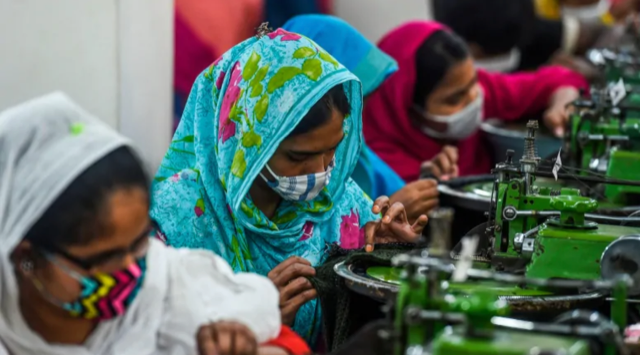
Protecting Human Rights During and After the COVID-19 Pandemic – Response to Joint Questionnaire by Special Procedure Mandate Holders
On June 17, 2020, Global Labor Justice sent a written submission to UN Special Procedure Mandates in response to the call for submissions, Protecting Human Rights During and After the COVID-19 Pandemic – Response to Joint Questionnaire by Special Procedure Mandate Holders. The submission reviews the gendered impact of COVID-19 on workers in Asian fast fashion supply chains, which produce primarily consumer apparel and footwear, and comprise 60% of the 40 million garment workers worldwide.
The human rights impacts laid out in this submission affect a workforce of mainly women with intersecting vulnerabilities associated with migrant status, living in poverty, and belonging to marginalized communities. Some women production line workers are locked out of supply chain employment — which means that they are unable to work and earn wages due to government lockdowns, layoffs, furloughs, and refusal of global brands to pay for existing contracts and orders. Other women workers are locked into supply chain employment – meaning that they are forced to work amidst the pandemic – in order to feed themselves and their families. Whether locked out or locked in, women workers on Asian fast fashion supply chains face a spectrum of violence and other human rights abuses rooted in risks associated with brand purchasing practices, concentration of a majority woman workforce in the lower tiers of supply chain production, and working conditions in supplier factories.
GLJ-submission_UN-Special-Procedure-Mandate-Holders_COVID-19_Asian-Garment-Supply-Chains_June-17-2020

